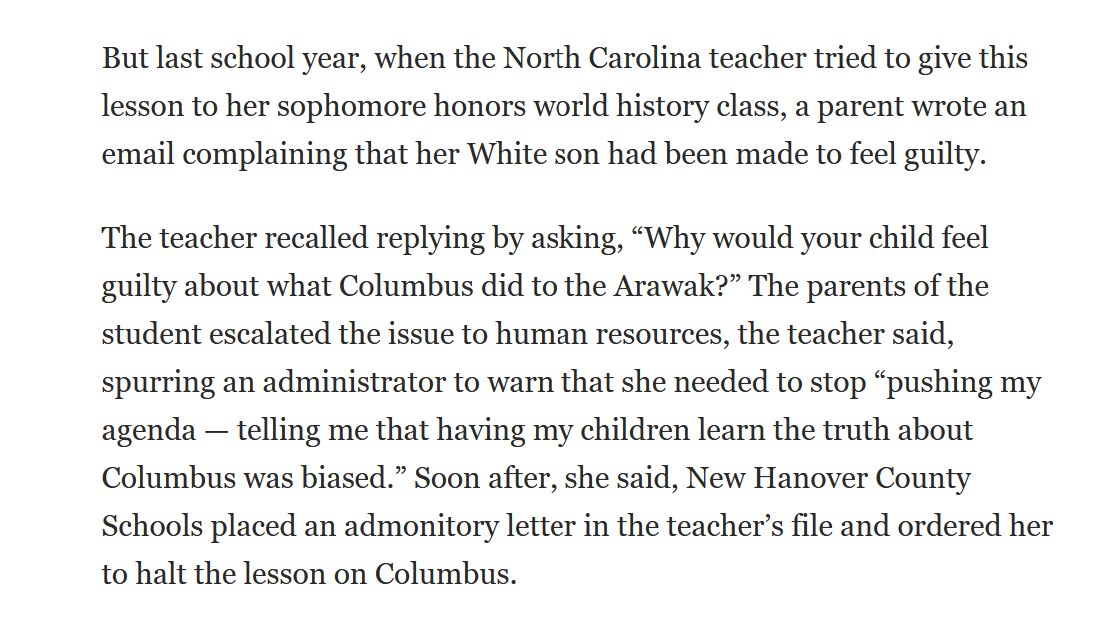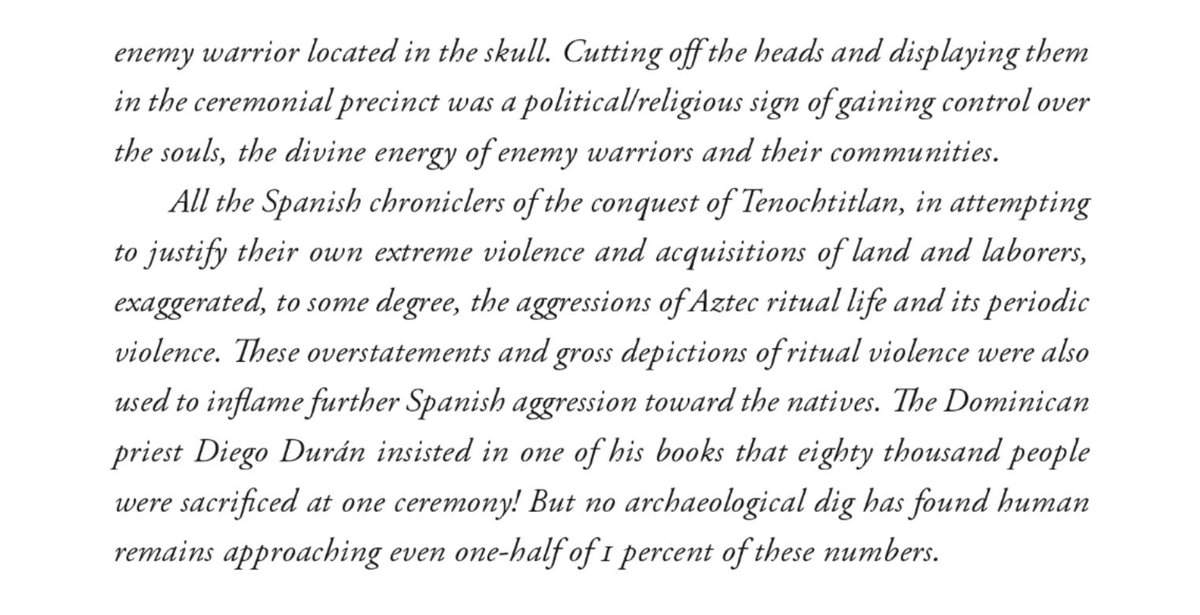
Writer of 1491, Wizard and Prophet, etc. New book in spring 2027 from Knopf. Photo w/ pig is pretty old by now, but I like the pig. Other pic is newer.
How to get URL link on X (Twitter) App


 For my current project I'm working on a bit about the 1930s Dust Bowl. ~35 yrs ago, a smart economist named Pierre Crosson told me most wind-blown soil from the Dust Bowl was deposited nearby, on other farm fields—and nobody knows what impact it had. resources.org/archives/erosi…
For my current project I'm working on a bit about the 1930s Dust Bowl. ~35 yrs ago, a smart economist named Pierre Crosson told me most wind-blown soil from the Dust Bowl was deposited nearby, on other farm fields—and nobody knows what impact it had. resources.org/archives/erosi…

https://twitter.com/DOGE/status/1913403692906324405Bob's trying to figure out why some labs and nuclear facilities are accepted by communities and some aren't. E.g., Reed College, a famously lefty place in lefty Portland, OR, has a nuclear reactor on its campus run by undergrads. Nobody in Portland says boo about it. Why? 2/6


 First, here’s the paper: science.org/doi/10.1126/sc…
First, here’s the paper: science.org/doi/10.1126/sc…
 If history’s any guide, novel crises like the pandemic inevitably generate panic, lies, and power grabs by elites and wannabe elites. Too often, journos did not call BS on people who were loudly asserting things they couldn’t possibly know. Too many times, they took sides. 2/4
If history’s any guide, novel crises like the pandemic inevitably generate panic, lies, and power grabs by elites and wannabe elites. Too often, journos did not call BS on people who were loudly asserting things they couldn’t possibly know. Too many times, they took sides. 2/4

https://twitter.com/elonmusk/status/1657422401754259461?s=20In the two before-publication cases, my article angered the publisher (in one) and a major advertiser (the other). Both times, my editors ran through what I was saying to make sure it was solid—then sent in their resignations. My pieces ran. 2/7

 Both the findings and the collaboration are, in potential, a big deal. Let me explain why I think this. 2/ gifer.com/en/O3R
Both the findings and the collaboration are, in potential, a big deal. Let me explain why I think this. 2/ gifer.com/en/O3R






https://twitter.com/kevinfolta/status/1547243287664369665Dr Folt is making a point about perceived risk, as he mentions here, in a reply to me. And he is 100% right about this, as far as I can tell. But that's not the sphere most people operate in.
https://twitter.com/kevinfolta/status/1547273893987188737

 @capitanswing The general thrust of the criticism is that the Conquest was justified – even that it was good for Indigenous Americans themselves. 2/7
@capitanswing The general thrust of the criticism is that the Conquest was justified – even that it was good for Indigenous Americans themselves. 2/7 

 A bit of explanation. In the 1970s, the Quebec provincial gov't decided to develop a huge hydropower project in the James Bay region to the north. Nobody asked the Cree and Inuit people who lived there. They didn't like that--and sued in 1972. 2/10
A bit of explanation. In the 1970s, the Quebec provincial gov't decided to develop a huge hydropower project in the James Bay region to the north. Nobody asked the Cree and Inuit people who lived there. They didn't like that--and sued in 1972. 2/10 




 I’d only add that the conquistadors almost never saw these rituals. Instead they saw Aztecs horribly killing (torturing, skinning alive, etc.) captured Spaniards to scare and intimidate them. But there’s little evidence that regular Aztec ceremonies were quite that sadistic.
I’d only add that the conquistadors almost never saw these rituals. Instead they saw Aztecs horribly killing (torturing, skinning alive, etc.) captured Spaniards to scare and intimidate them. But there’s little evidence that regular Aztec ceremonies were quite that sadistic. 

 One big example: In the 1880s Benjamin Harrison, a grocer and amateur archaeologist, claimed he found ~5 million yr old “stone tools”—chunks of chipped flint—in Kent. They were dubbed “eoliths” (Greek "eos", dawn, and "lithos", stone). (Cyril Chitty 📷 Maidstone Museum) 2/
One big example: In the 1880s Benjamin Harrison, a grocer and amateur archaeologist, claimed he found ~5 million yr old “stone tools”—chunks of chipped flint—in Kent. They were dubbed “eoliths” (Greek "eos", dawn, and "lithos", stone). (Cyril Chitty 📷 Maidstone Museum) 2/ 




 A few seconds on Google told me his town was Three Rivers, in southwestern MI, pop'n 7,659 in 2019. It's an exurb of Kalamazoo with a weirdly high crime rate (lots of meth, I'm guessing).
A few seconds on Google told me his town was Three Rivers, in southwestern MI, pop'n 7,659 in 2019. It's an exurb of Kalamazoo with a weirdly high crime rate (lots of meth, I'm guessing). 

 To give some idea of how huge that is, recall that annual life-expectancy declines of .1 yr in 2015, '16, and '17 were cited as evidence of social catastrophe--a plague of overdoses, obesity, and suicide hitting the white working class. Case & Deaton wrote a famous book about it.
To give some idea of how huge that is, recall that annual life-expectancy declines of .1 yr in 2015, '16, and '17 were cited as evidence of social catastrophe--a plague of overdoses, obesity, and suicide hitting the white working class. Case & Deaton wrote a famous book about it. 